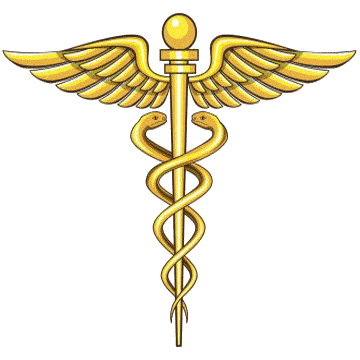Pharmaceutical grade DHEA
Discover our wide range of high quality DHEA from world renowned American laboratories.
You can safely buy your DHEA here.
DHEAusa.com since 2001
The search for a way to stop or at least slow down aging seems to have been around forever. The idea that aging is no longer inevitable has been firmly established for several years.
Aging is no longer self-evident and the promises resulting from scientific research on the mechanisms of aging, cosmetic surgery, anti-wrinkle creams, as well as the recent appearance of anti-aging medicine are remarkable elements in the contemporary process of medicalization of aging.
In 1995, the media spoke of the existence of a hormone, DHEA (dehydroepiandrosterone), the level of which in the blood drops regularly with age. They are enthusiastic about an idea defended in American scientific work: by compensating for this drop with a supplement, it would be possible to fight against multiple ailments, including the deterioration of bones, skin, muscles and memory, late-onset obesity and even the occurrence of certain cancers. The molecule is quickly qualified by journalists as a "pill of youth".
This is why we have selected the best brands that exist on the market, coming from reliable and world-renowned American laboratories.
DHEA is an anti-aging dietary supplement. It is recommended for most people from the age of 30. The benefits are numerous, visit the page Health benefits of DHEA to find out more.
Many doctors and scientists around the world are now convinced that the use of DHEA can provide better health, reduce aging, improve physical fitness, balance hormone levels and thus reduce or control certain diseases.
You can do thepurchase of DHEA here to be delivered in France, Belgium, Canada, Switzerland or any other country worldwide. We have been shipping internationally successfully since 2001.
The search for a way to stop or at least slow down aging seems to have been around forever. The idea that aging is no longer inevitable has been firmly established for several years.
Aging is no longer self-evident and the promises resulting from scientific research on the mechanisms of aging, cosmetic surgery, anti-wrinkle creams, as well as the recent appearance of anti-aging medicine are remarkable elements in the contemporary process of medicalization of aging.
In 1995, the media spoke of the existence of a hormone, DHEA (dehydroepiandrosterone), the level of which in the blood drops regularly with age. They are enthusiastic about an idea defended in American scientific work: by compensating for this drop with a supplement, it would be possible to fight against multiple ailments, including the deterioration of bones, skin, muscles and memory, late-onset obesity and even the occurrence of certain cancers. The molecule is quickly qualified by journalists as a "pill of youth".
This is why we have selected the best brands of DHEA that exist on the market, coming from reliable and world-renowned American laboratories.
DHEA is an anti-aging dietary supplement. It is recommended for most people from the age of 30. The benefits are numerous, visit the page Health benefits of DHEA to find out more.
Many doctors and scientists around the world are now convinced that the use of DHEA can provide better health, reduce aging, improve physical fitness, balance hormone levels and thus reduce or control certain diseases.
You can do thepurchase of DHEA here to be delivered in France, Belgium, Canada, Switzerland or any other country worldwide. We have been shipping internationally successfully since 2001.
Featured products
Our best sellers
Aucun produit n’a été trouvé pour cette requête.
Satisfied customers!
We invite you to send us your comments
I received my package today.
Thank you for the care you take with overseas shipments and the quality of your products.

Dominica
Lyon, France
Congratulations on the quality of your service! My delivery was flawless and the information I received reassured me about the quality of your products and services.

Marcel
Quebec, Canada
Thank you for your quick response to my messages. I received my package today, excellent service.

Martina
Geneva, Switzerland

